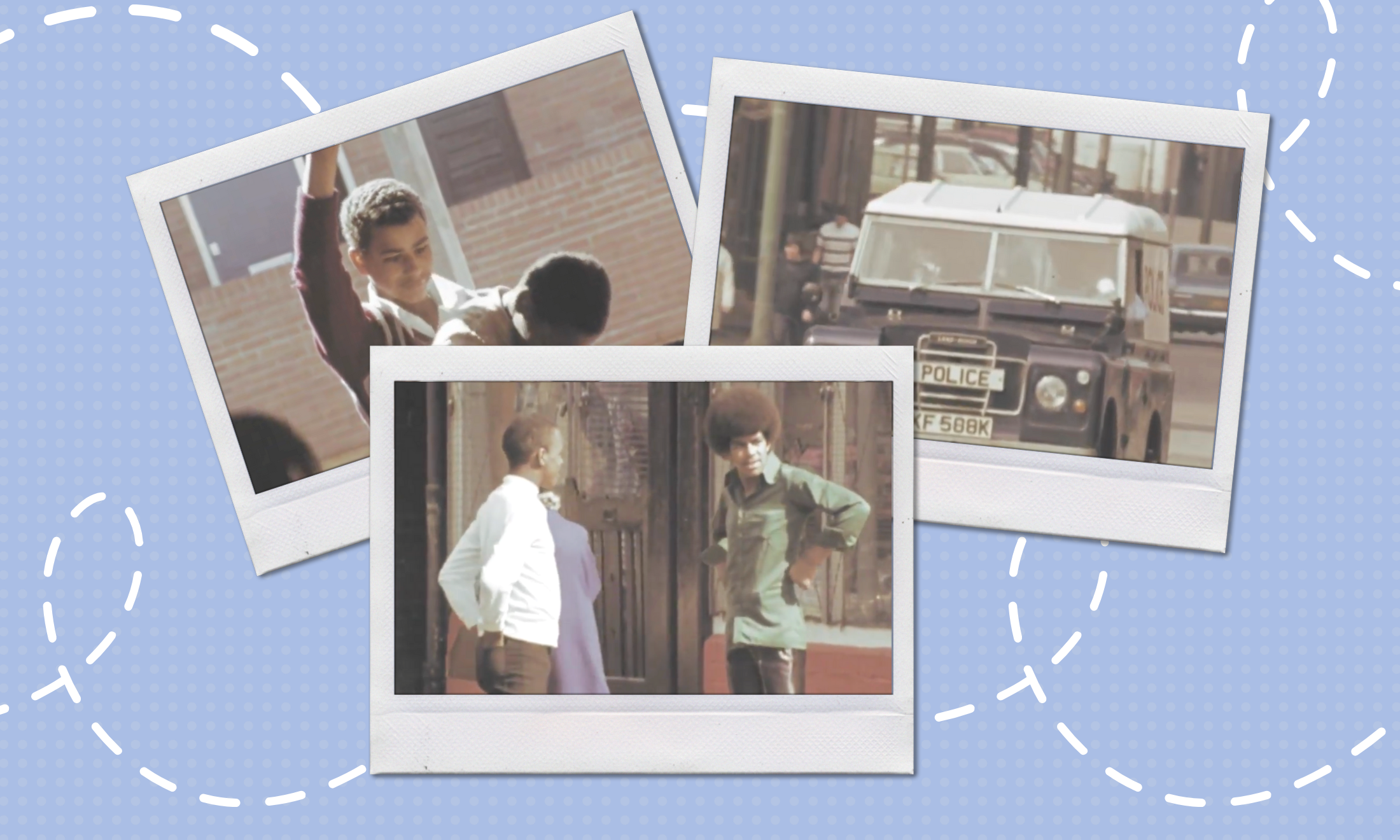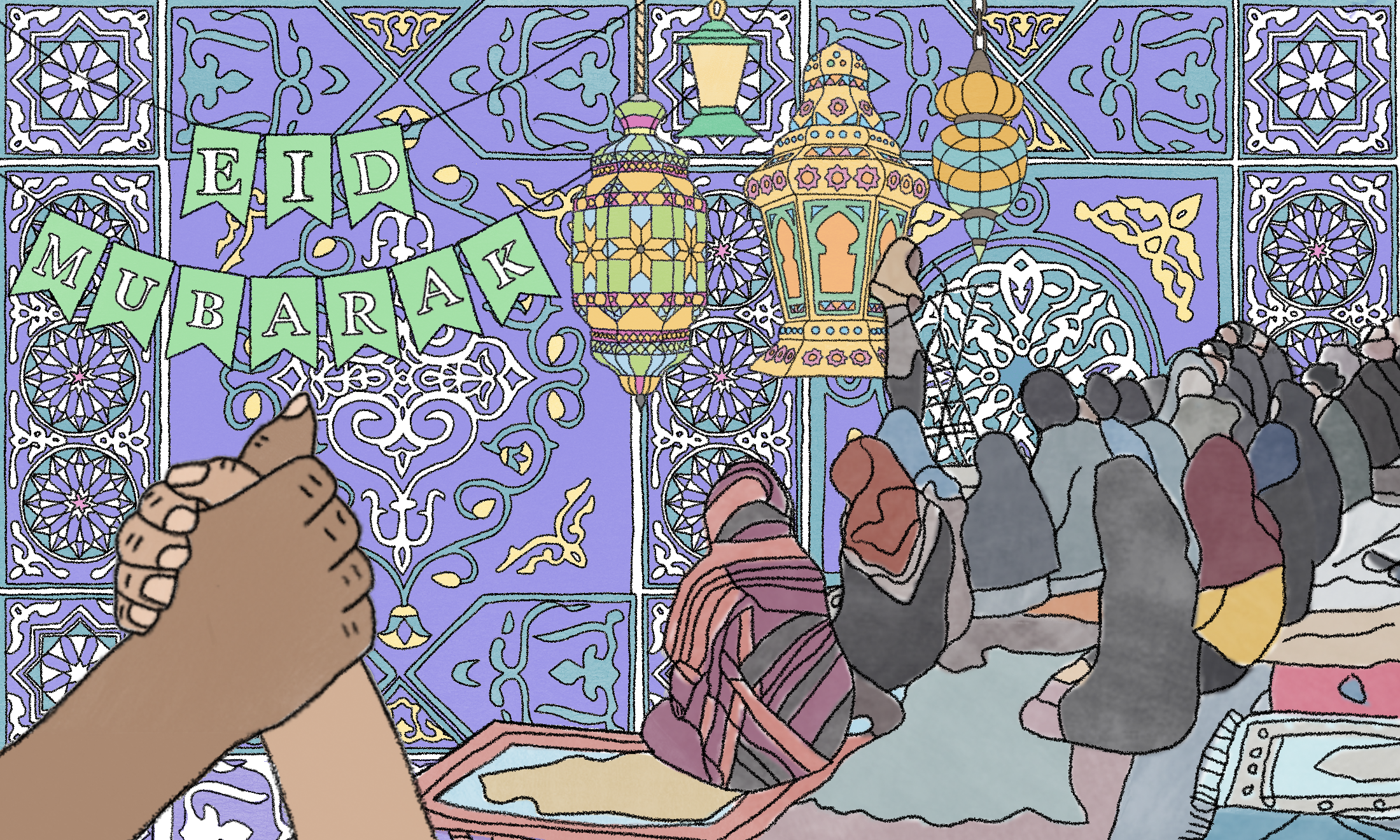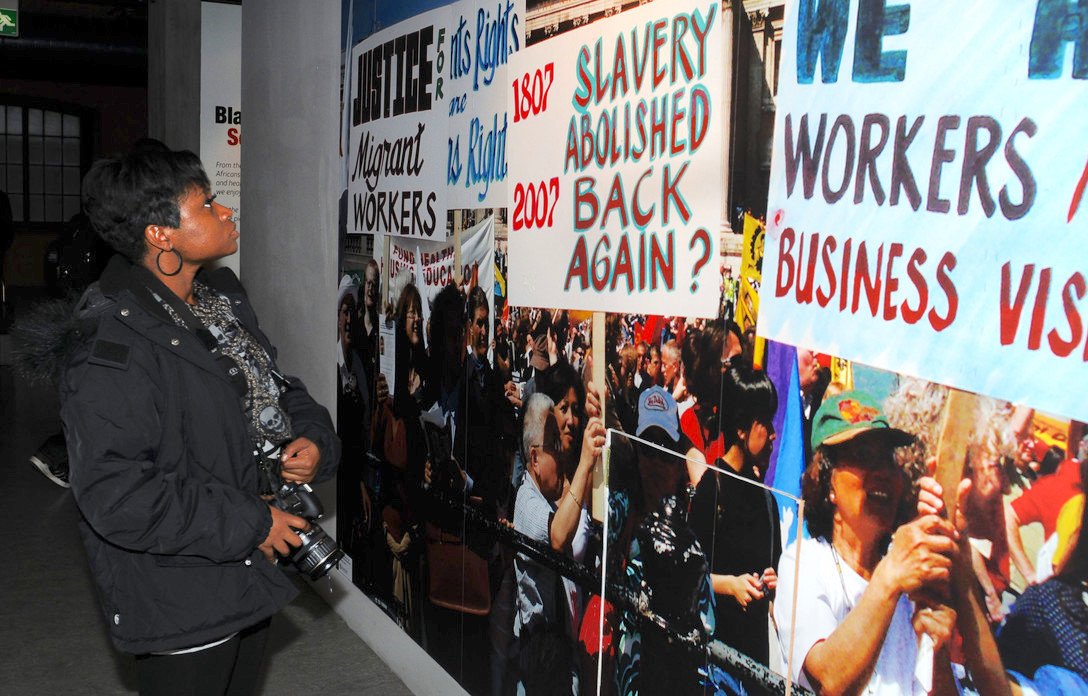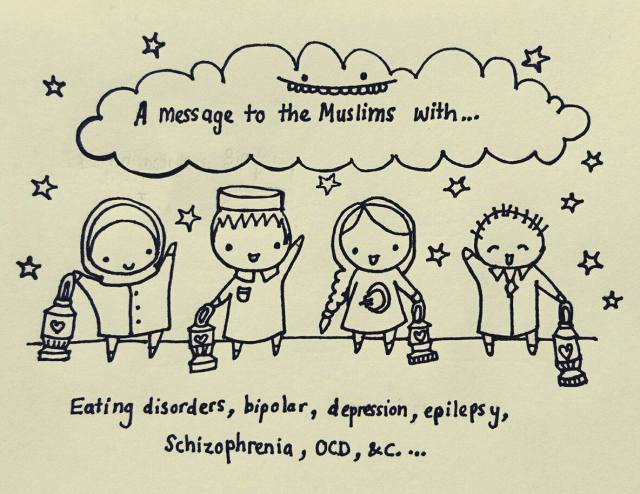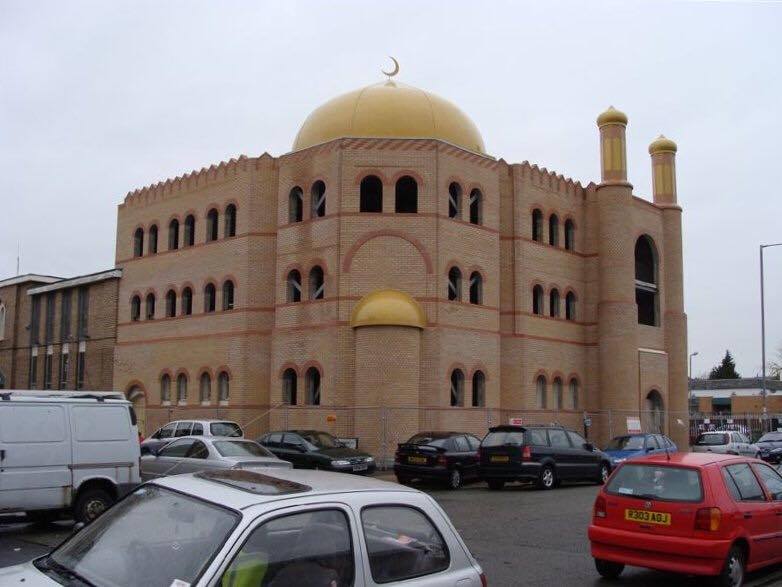
Eid Mubarak! Ciid wanaagsan (Somali)
“so, here you are
too foreign for home
too foreign for here.
never enough for both.”
- Ijeoma Umebinyou, diaspora blues
Eid in Liverpool is indisputably spectacular. My Grandad lives on the same street as the historic and most popular Mosque in the city, Al-Rahma Masjid. I spent almost every Eid visiting family and observing my local Masjid. Bustling with families, colourful fabrics and faces, the air swirling with the noise of beautiful crying babies, verses from the Quran and whimpers of parents during pray, who cry through their hearts, mourning lives lost to global tragedies and injustice.
Al Rahma Masjid is the beginning stop for the Eid pilgrimage of many Muslims in Liverpool. New Abaya’s (cloaks worn by women to cover themselves) donned by grandmothers, teenagers and children relishing from a day off school; the young boys and grandfathers in Khamis’s (garment worn by men). The air steeped in special perfume, Cadburys Roses flung in the air by a bystander to sweet-toothed children who stretch upwards as if reaching for stars. Greeting family, family friends, friends of family friends and then their friends that inexplicably end up being your family all along. The warm, safe hugs of Somali women so tight you’re propelled through the rich ancestral line of women before you, just like you – this is Eid as I know it, or knew it.
‘Eid in Liverpool is bustling with families, colourful fabrics and faces, the air swirling with the noise of beautiful crying babies and verses from the Quran’
My parents were children of the Somali diaspora, as am I. Now 22, practicing my religion has been a rocky road, full of carelessness and distance. I won’t be seeing my family this year as I’m working far away from home. Before writing this in my office, I had to take a couple of minutes to concentrate on mining my memories of Eid out of the fog of memory.
Balancing myself has always been conditional, dependent on time, place and the people that surround me. To balance my culture; my proud Somali heritage, the fresh black melanin that pigments my skin, the smooth mother tongue of my Mother’s tongue when she speaks Somali to me, is one I often and unintentionally carry quietly in my heart. I always seem to never find that balance and a large part of me is to blame.
I find myself sacrificing one part of myself for another because the whole me, the Somali-American-born-Liverpudlian-raised–Muslim-Black-female cannot fully exist in structures that encompass the complexity of my identity. I allow parts of me to exist that fit somewhere in the environments I navigate, and the only place I know that welcomes the whole of me is on that street in Liverpool. I unconsciously retort to behaving in ways that suit the white structures I navigate. The absent-mindedness with which I let my complete identity fade is facilitated by the environments I inhabit.
It’s a part of the diaspora blues; the guilt, frustration and knowledge that you are not inhabiting the identity you have to the fullest. It’s the sad revelation that in a world where whiteness prevails, you have fragments of an identity you cannot piece together. So here I am, in an office, letting you know that the balance between Eid and England means I’m working, away from my family and my colourful celebrations of Eid.
‘I allow parts of me to exist that fit somewhere in the environments I navigate, and the only place that welcomes the whole of me is on that street in Liverpool’
Although a defeat, it has reminded me that I must practice filtering out my unconscious navigation of a white world that allows me to absent-mindedly forget my true identity and the blood of my motherland. Part of learning to unlearn the common practice of masking parts of my identity is the recognising how the easily it can be absolved into a space that doesn’t know how to accommodate or nourish it. Feelings of frustration, isolation and guilt that swell into one big lump when I realise how easily I fraction myself into pieces, and how my identity is fragmented as a result of the societal structures working to chip it away. Part of the revolution is actively remembering where these feelings of displacement and guilt emerge. Part of the revolution is allowing these feelings of guilt to remind me that leaving a part of me behind is leaving a part of me behind; something I cannot continue to live happily without. I’m learning from my siblings to bring myself with me completely. To relax with my shaah, rich and milky and my dhaqan.
*shaah = tea
*dhaqan= culture

